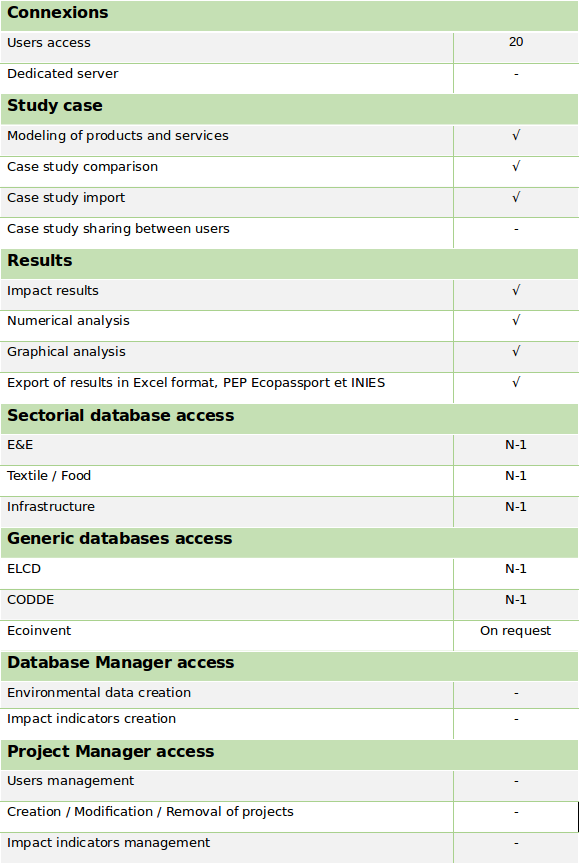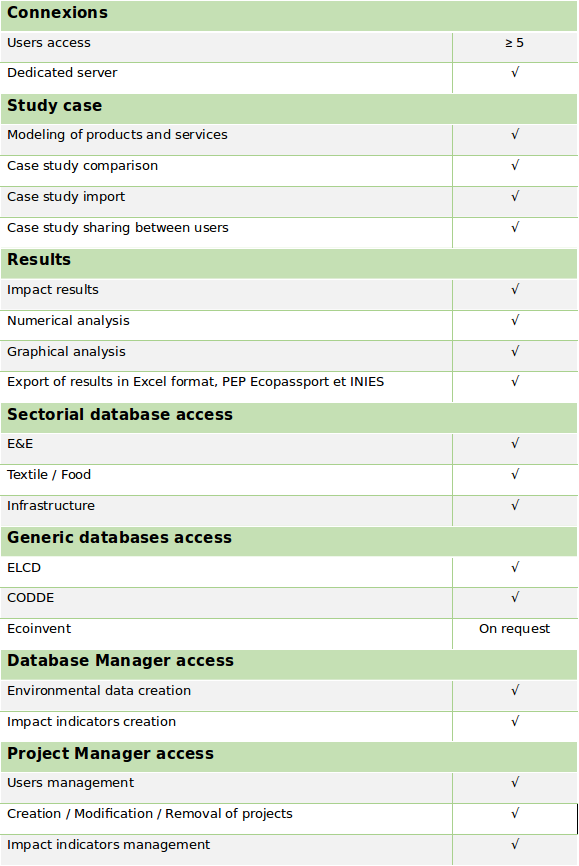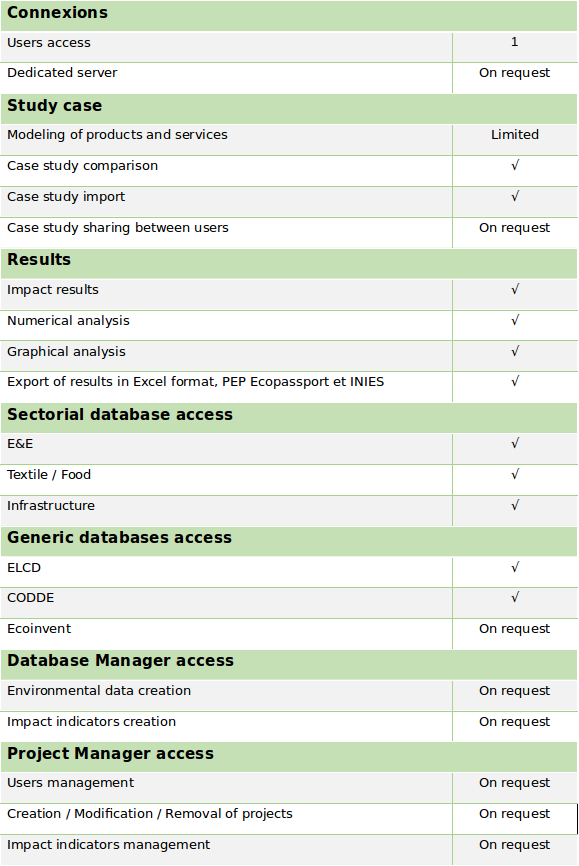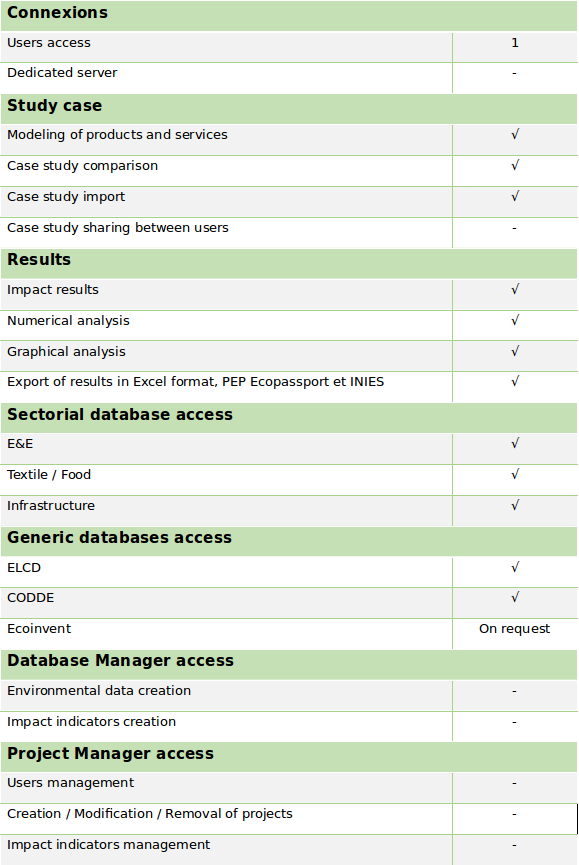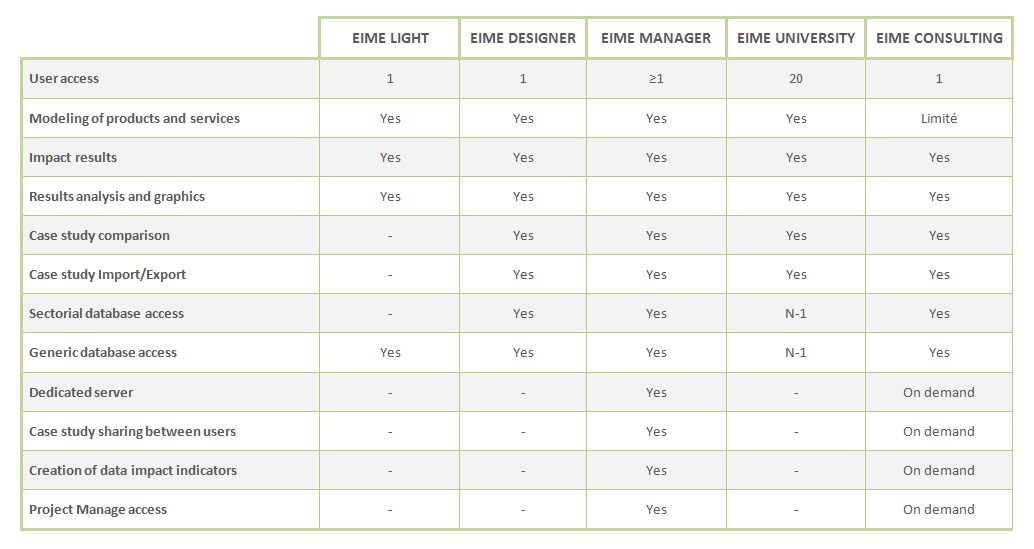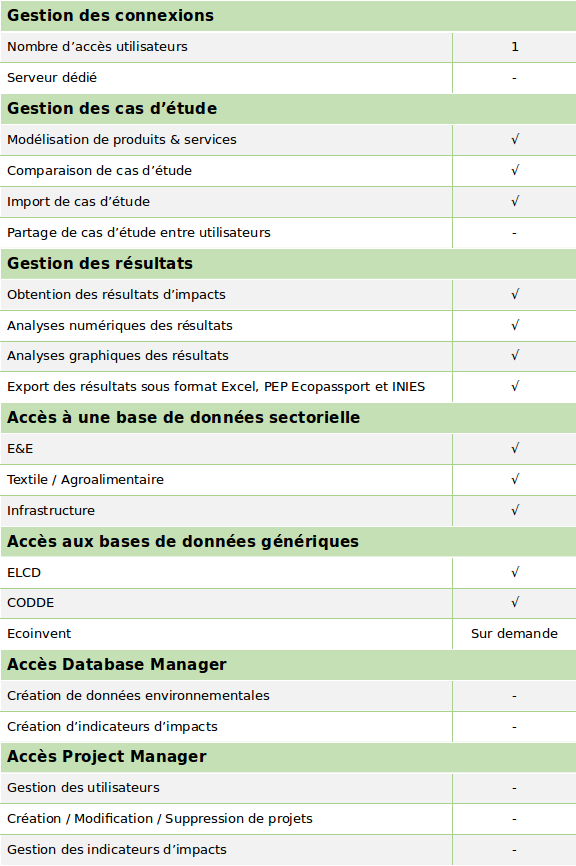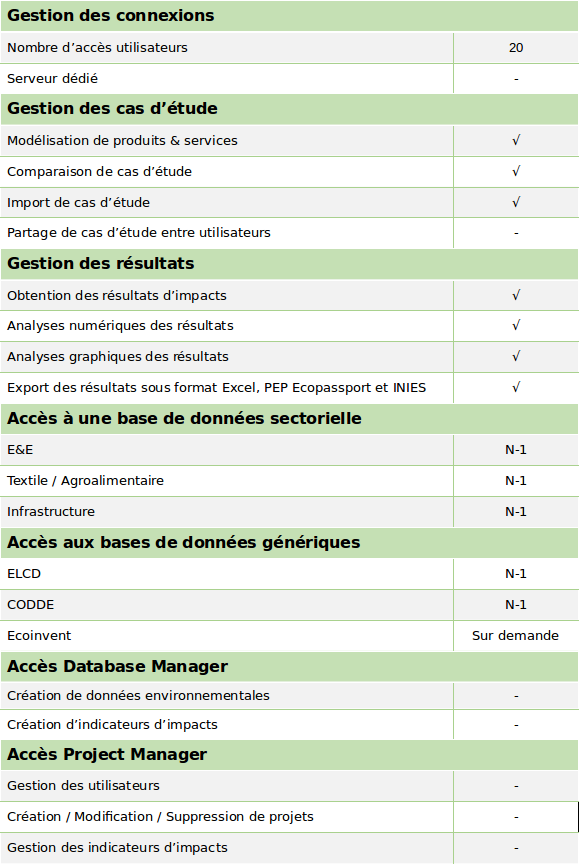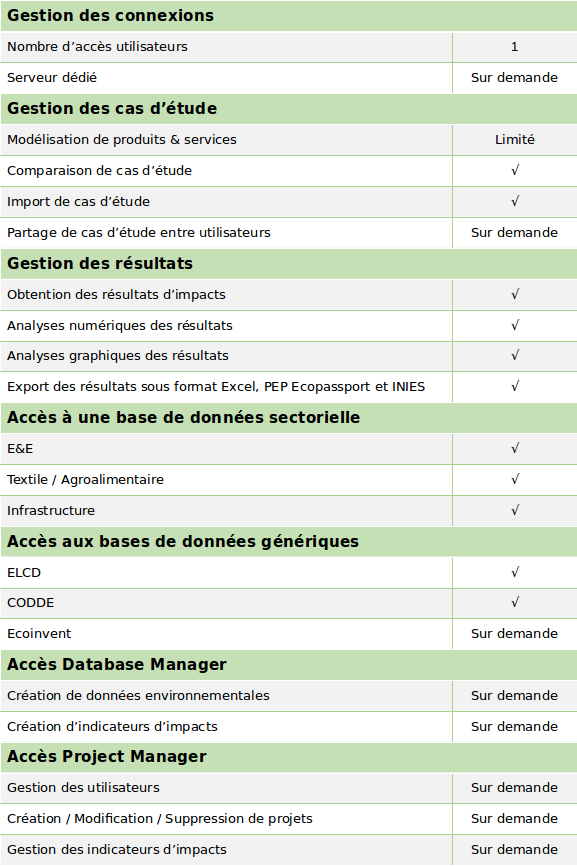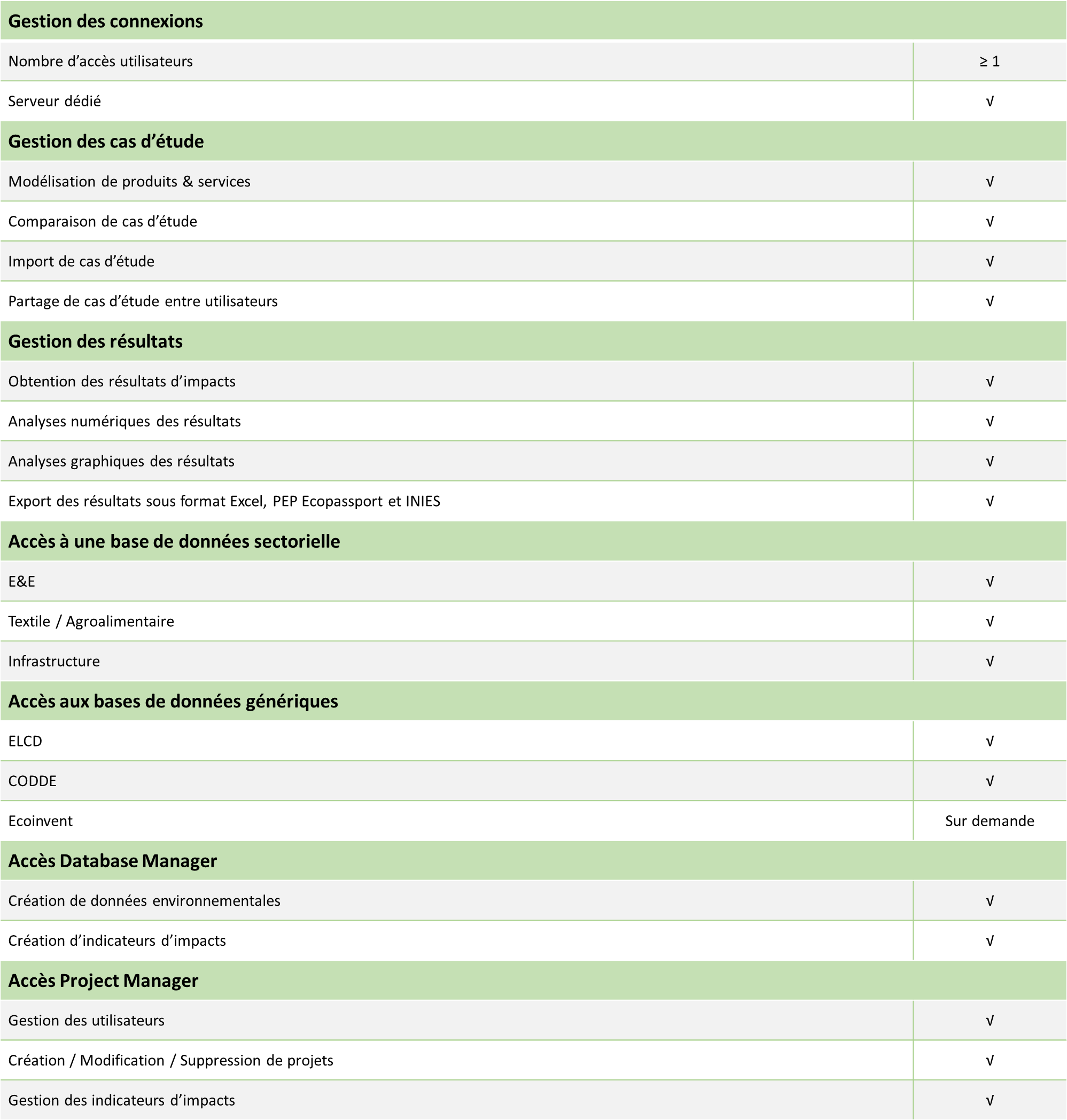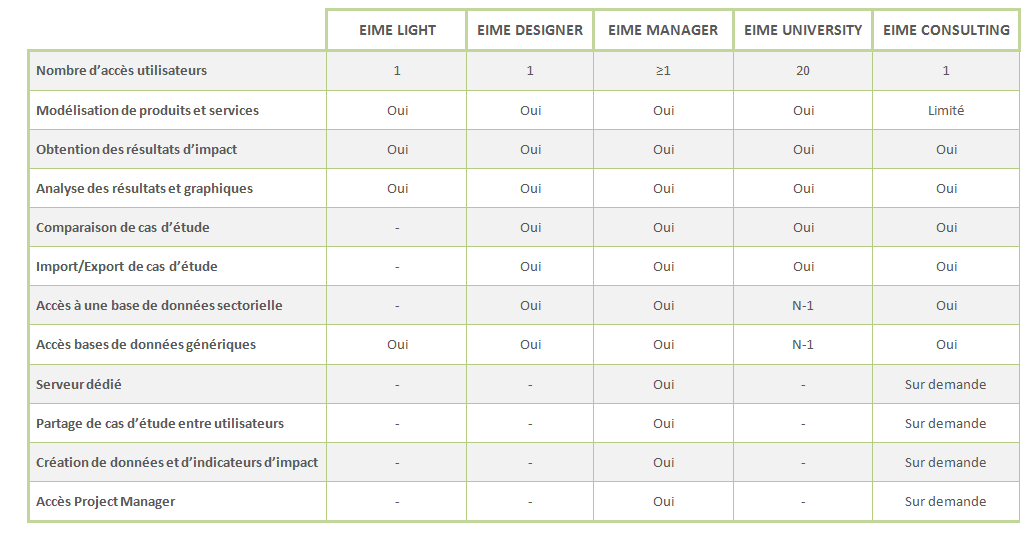CIRCULARITY, A CONDITION FOR CLIMATE NEUTRALITY
There is only one planet Earth. However, by 2050, the world will consume as if there were three1.
How to act?
Scaling up the circular economy from front-runners to the mainstream economic players will make a decisive contribution to achieving climate neutrality by 2050 and decoupling economic growth from resource use.
Large figures are estimated: almost half of European industry emissions could be reduced thanks to circular economy practices2.

NEW REGULATION: ESPR

In order to make products suitable for a climate-neutral and resource-efficient circular economy, new regulations are being developed.
The proposal for a new Ecodesign for Sustainable Products Regulation (ESPR), published on 30 March 2022, is the cornerstone of the Commission’s approach to more environmentally sustainable and circular products:
- A "Digital Product Passport" will be created to provide information a range of environmental and product sustainability data.
- The ESPR will ultimately replace the current ecodesign directive for energy-related products 2009/125/CE (ErP*)
*Energy-related Products
LCIE SUPPORTS YOU IN YOUR APPROACH
From now on, LCIE Bureau Veritas is adapting its services to this new industrial and economic model. From a linear model based on the marketing of new products, we are moving to a circular model involving new players: repairers.
Our experts support you:
- Regulatory and standards monitoring: monitoring and analysis of delegated act(s) and associated standards,
- Training your teams in aspects related to the circular economy,
- Verification of your environmental claims in relation to your value chain and your communication strategy,
- Certification of the repair process,whether you are manufacturers or repairers,
Verification of the product carbon footprint based on an international standard and an international evaluation systeme (IECQ**)
Our offer: Sustainable Batteries
**IECQ, www.iecq.org

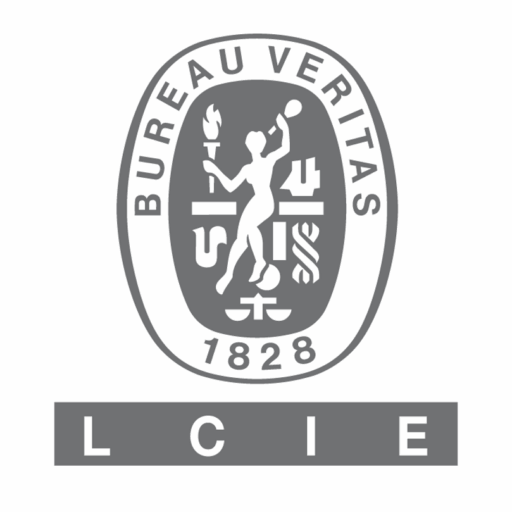

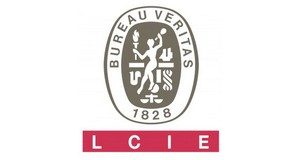

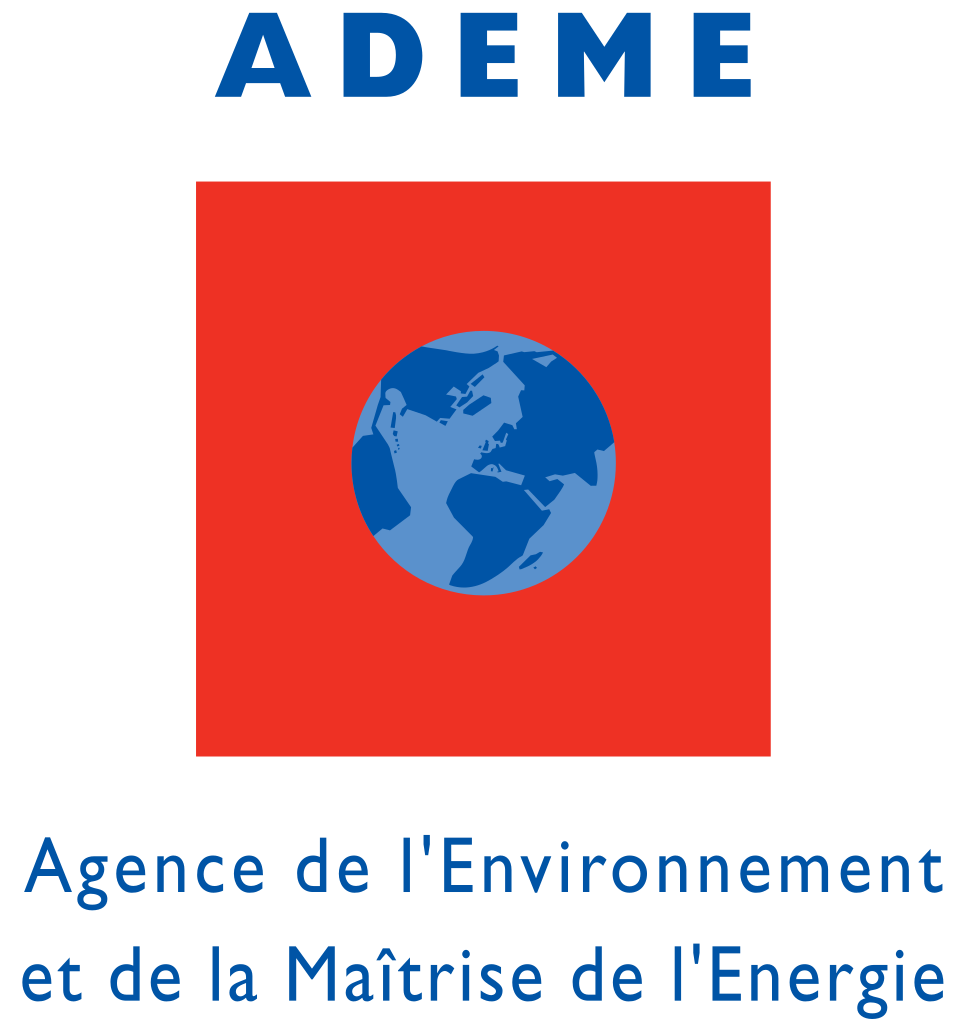

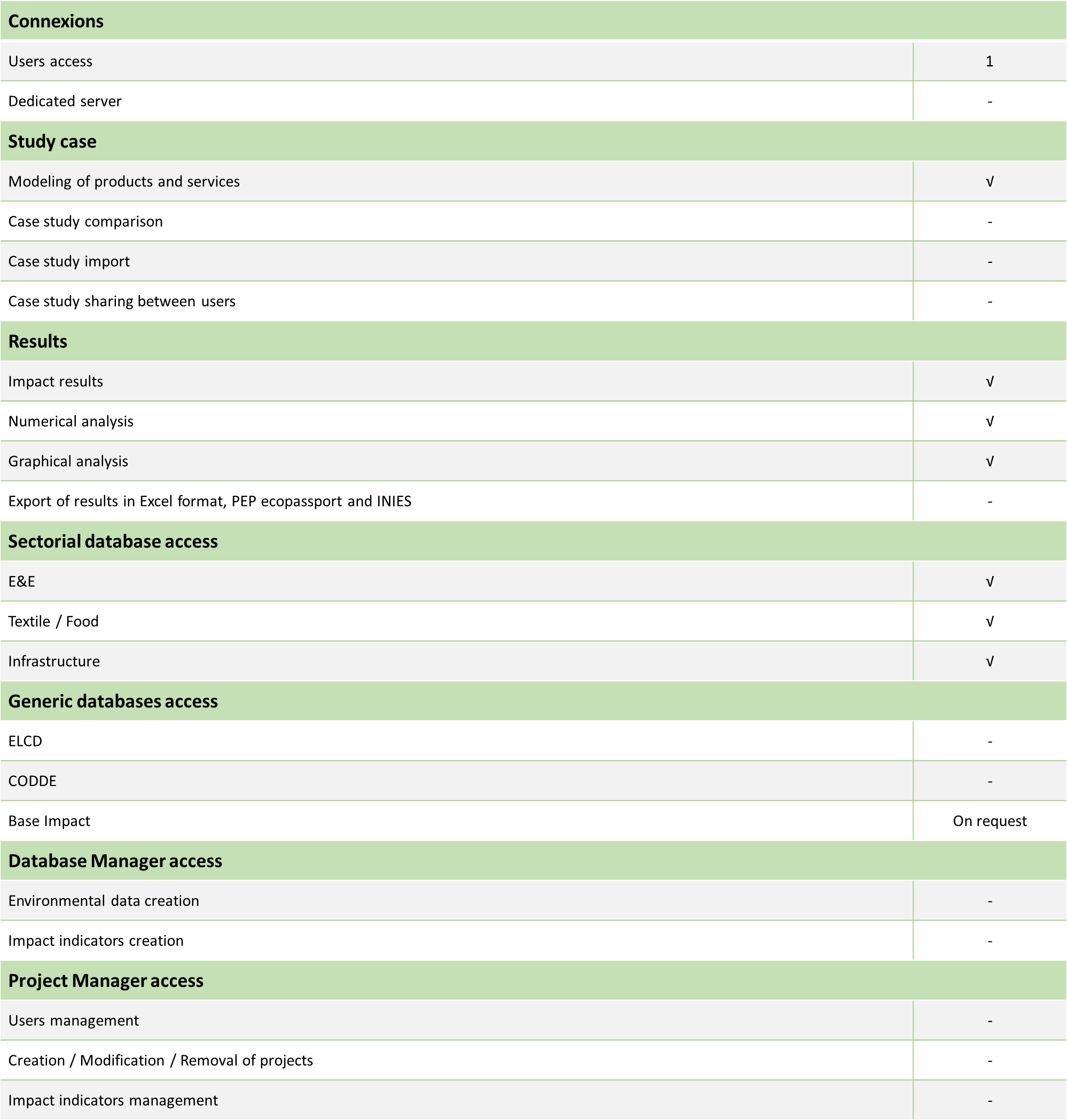
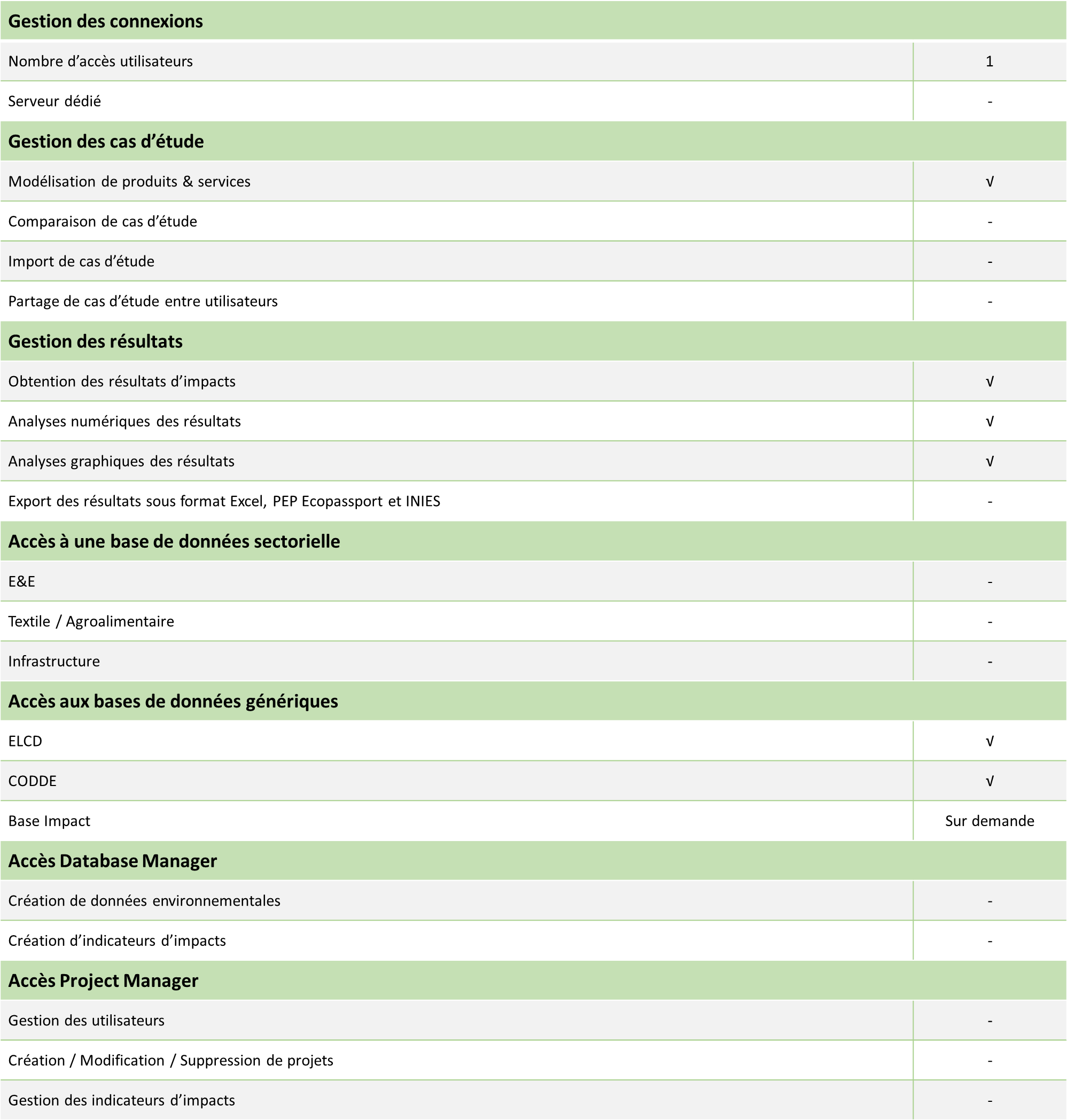
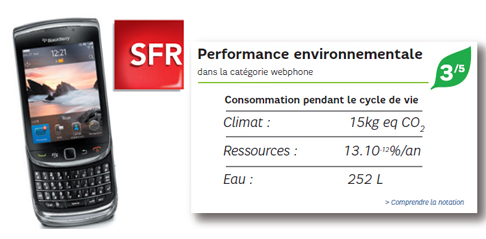 SFR/Vodafone – Affichage environnemental
SFR/Vodafone – Affichage environnemental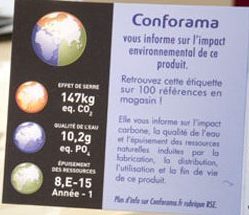 Conforama – Affichage environnemental
Conforama – Affichage environnemental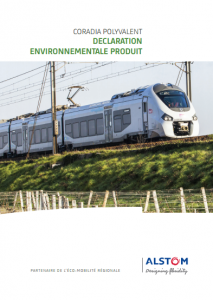 Alstom Transport – Déclarations Environnementales Produit (DEP)
Alstom Transport – Déclarations Environnementales Produit (DEP) Schneider Electric – Product Environmental Profile (PEP)
Schneider Electric – Product Environmental Profile (PEP)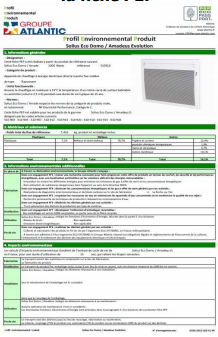 Atlantic – Product Environmental Profile (PEP)
Atlantic – Product Environmental Profile (PEP)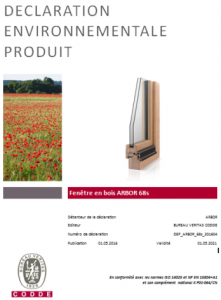 Arbor – Fiche Déclarations Environnementale et Sanitaire (FDES)
Arbor – Fiche Déclarations Environnementale et Sanitaire (FDES)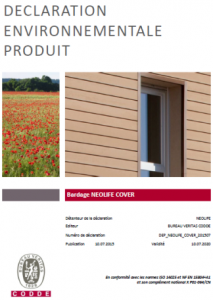 Neolife – Fiche Déclarations Environnementale et Sanitaire (FDES)
Neolife – Fiche Déclarations Environnementale et Sanitaire (FDES) Atlantic – Communication Environnementale pour le grand public
Atlantic – Communication Environnementale pour le grand public